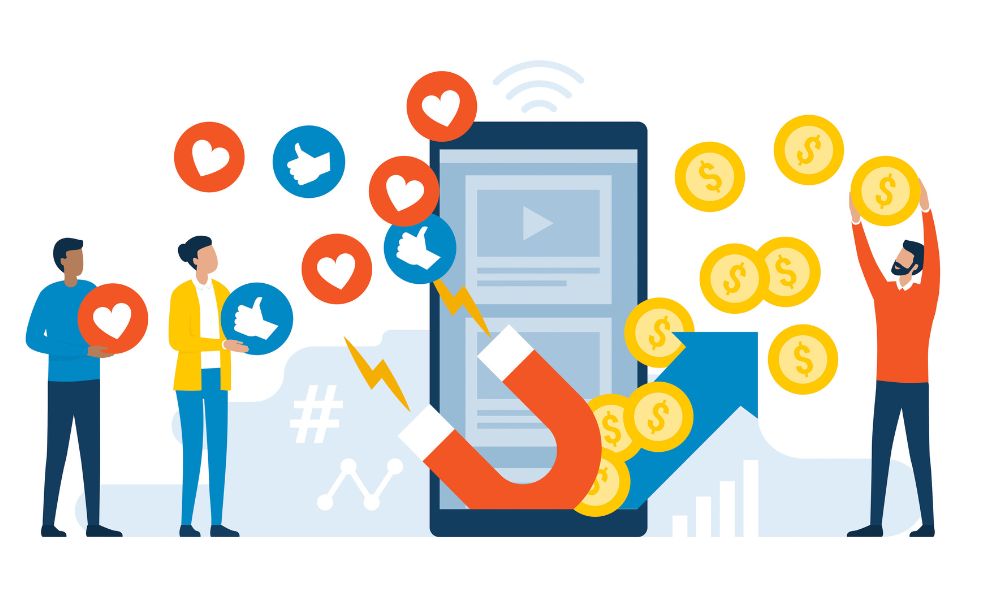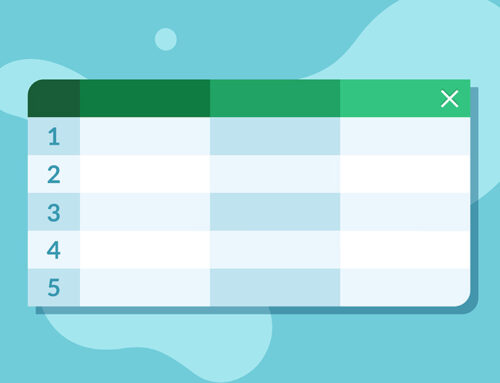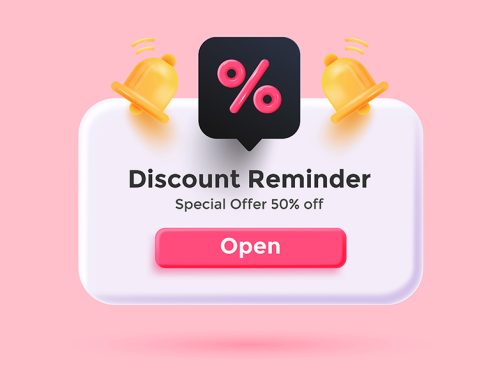Which Social Media Platforms Should You Use To Market Your Business?
Social media platforms offer a fantastic opportunity for businesses to market themselves to huge numbers of people, often at little or no cost. But every platform is different, and effective social media marketing depends upon choosing the right ones for your business.

There are many reasons why social media marketing is a great idea, but you’ll need to consider a number of things when deciding where to focus your social media marketing efforts. These include:
Let’s now compare the different platforms so you’ll have a better idea of which ones to include in your social media strategy.
Facebook’s one of the oldest and most popular platforms out there, with over 40 million monthly users.
It’s a good choice for small businesses as it’s free and simple to create a business page. This can function almost as a secondary website, allowing you to publish key information about your business such as opening times, services and contact details. An effective Facebook page will boost your SEO as it will appear in search results along with your website.
It’s also useful for engaging with local communities. You can share your content on local groups and pages to target people in your area. Furthermore, Facebook allows users to post reviews and recommendations that can improve your business’s credibility.
Facebook has seen the number of users below 24 years of age decline in recent years. The biggest age group is 25-34, and a relatively large number of over-50s use the platform.
Although Facebook is more known for written content, video content is becoming more prevalent there as more platforms adapt to its growing popularity.
One possible drawback of Facebook is that to really see the best results from your advertising, you often need to pay. You can do this by ‘boosting’ your business posts so they reach a wider audience, or paying for a proper Facebook Ads campaign.
Twitter is a unique social media platform due to the 240-character limit it sets on all tweets.
When used properly, it can be a very powerful tool for growing your audience, engaging with them, and developing your brand identity.
Communication happens quickly and publicly on Twitter, which means your tweets will be seen immediately by lots of online users. It also means that you can engage in real-time communication with your audience. This is a great way to build your brand’s image.
However, this aspect of Twitter also presents challenges.
Firstly, timing is important. If you post at a time when most of your audience is not online, your content will be missed. And if you don’t respond quickly to tweets, it can reflect badly on your business. Keeping active on Twitter requires quite a big commitment if you’re going to make it worthwhile.
You must also beware that while you can interact positively with your audience on Twitter, customers also use the platform to voice complaints about a product or service. These will be seen by a large number of people and this could affect your business’s reputation.
LinkedIn is known as the social network for professionals.
That’s perhaps why it’s traditionally been more suited for business-to-business (B2B) marketing. You’re more likely to come into contact with business owners and senior employees on LinkedIn than on other social platforms.
However, LinkedIn is still a good place for business-to-customer (B2C) marketing depending on what you offer and your target market. Many of LinkedIn’s users are professionals who are highly educated, so if this is your target demographic then LinkedIn would be an effective place to focus your marketing.
LinkedIn allows you to set up a company page where you can display plenty of information about your business. What’s more, you can use its analytics tools to monitor the performance of your page and the demographics of users who are following it.
Any of your employees who are on LinkedIn can register with your page, so your business will gain further exposure when they interact on the platform. For many years, LinkedIn was little more than a recruitment site where people uploaded their CVs. However, it’s evolved enormously and now it’s a place where you can engage in high-level conversations and post ‘thought-leadership’ content, establishing your authority in your field.
It’s also becoming less business like – it’s still a network for professionals but personal and light-hearted content is becoming more prevalent. This presents opportunities to develop your brand voice and values.
Instagram is known for its focus on photo and video sharing rather than written content.
Around half of Instagram users are under the age of 34, so it’s a great platform to target a younger audience. With that in mind, your content and tone should appeal to the younger crowd.
Many business users think of Instagram as a digital shop window. If yours is a retail business, it’s a fantastic place to post pictures of your latest products. It’s possible to market more service-based businesses on Instagram, but that might require a bit more thought and expertise.
Instagram also allows you to create a business profile and provides analytics tools so you can monitor the performance of your marketing.
Video content is a huge part of Instagram, and posting ‘reels’ about your products, offers and updates could be a powerful tool to build your brand.
However, one potential drawback of Instagram is that it does not allow hyperlinks in posts, so if you are trying to direct traffic to your website it can be difficult on this platform.
Instagram was one of the first platforms where ‘influencer marketing’ developed. This is where a person with a huge following endorses products, and can lead to huge increases in traffic and sales. However, some commentators think the value of influencer marketing is on the decline.
New social media platforms spring up every year. Recently, video-focused platforms Snapchat and Tiktok have seen rapid growth and entered the mainstream.
The social media landscape changes quickly. Sometimes, a bit of professional help can keep your social media marketing ahead of the curve.
Get in touch for a chat.








